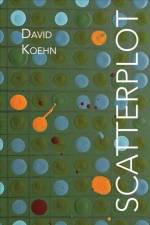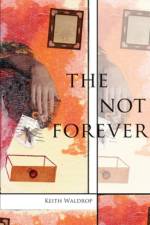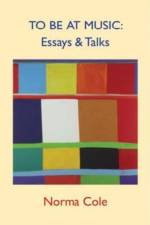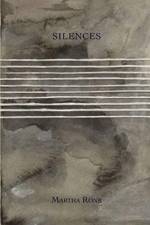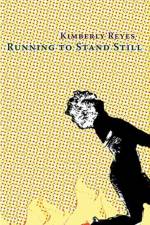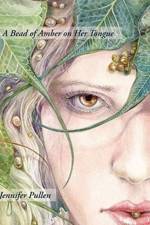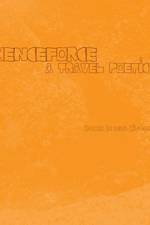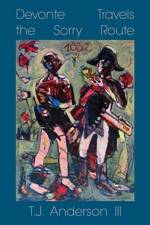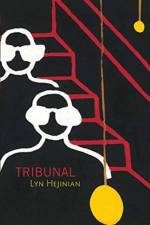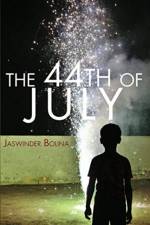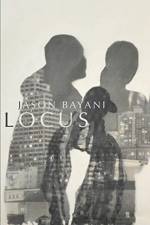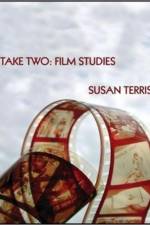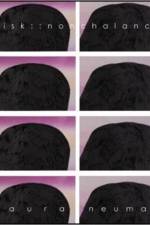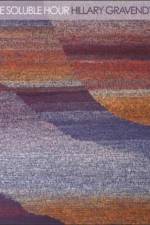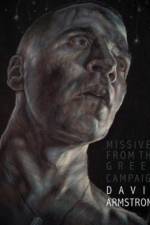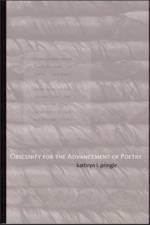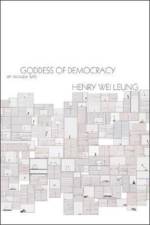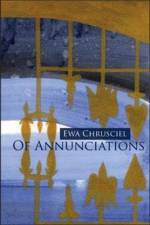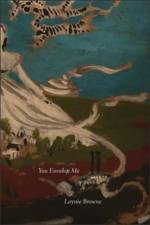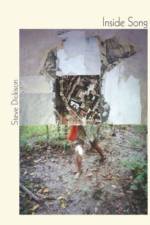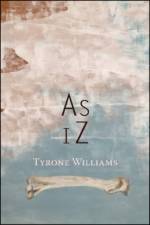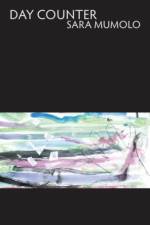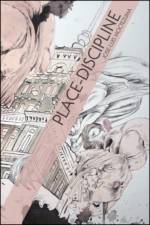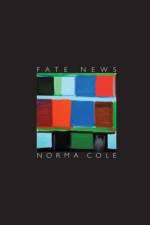av Lyn Hejinian
251
The three works of poetry that constitute Tribunal were written in the current context of seemingly ubiquitous warfare and the specter of unabashed neo-fascism, ethno-nationalism, and--especially in the United States--reassertions of white supremacy. As renowned poet Lyn Hejinian recounts, the inspiration for Tribunal gradually took shape over the course of almost a decade in the collaborative work she has done to fight neoliberal policies that dismantle the public sphere through actions that include privatizing the commons, busting unions, and imposing a corporate, profiteering model on a range of institutions including public higher education. Hejinian explores a broad range of responses to our deeply troubling historical period in Tribunal's three collections. These poems express an emotional scope that includes fury, sadness, and even, at times, something very close to pity for our humanity, perpetually unable to avoid its own penchant for cruelty. Hejinian is the rare poet who can bring to the page a rich, complex rendering of how mutually exclusive emotions can exist simultaneously. We lose safety and surety, but we gain a wider lens on contemporary crises from her sometimes lacerating, sometimes intensely beautiful lyric verse. It's only in such an artistic and emotional landscape that readers, thinkers, artists, workers, and all comrades against injustice can manage to keep inventing, imagining, and hoping. Throughout these crises, the poet returns to language as a meaningful space in which to grapple with a seemingly endless cycle of conflict. While the works can be read as expressions of protest or dissent, they powerfully convey an argument for artmaking itself--and a turn to its affirmation of life.

